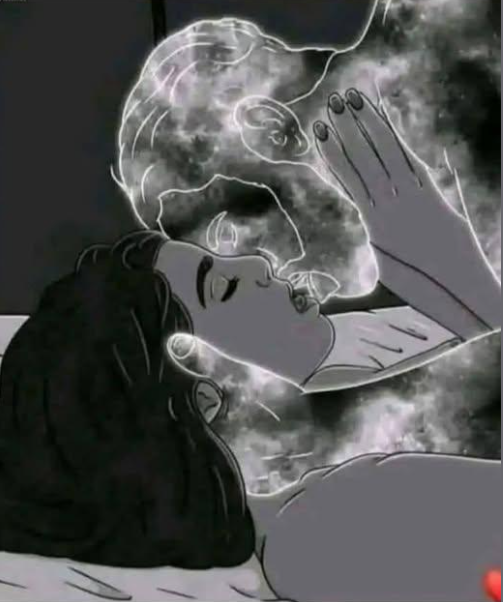Remembering the Struggles of Growing Up: When Childhood Memories Turn Uneasy
Childhood is often painted as a time of innocence and joy, but for many, those early years are marked by struggles that continue to echo into adulthood. The memories may be faded, softened by time, yet certain moments remain vivid—etched into the mind not with light, but with a strange heaviness. Uneasy childhood memories come in many forms: quiet loneliness, silent fears, unmet needs, and words that left invisible bruises.
It can start with feeling different. Maybe you were the shy kid, the loud one, the dreamer, the one who didn’t quite know where they fit. You might remember sitting alone during recess, watching others play, wondering why it felt so hard to join in. Maybe you were too tall, too short, too quiet, too something—and those differences, though small, shaped the way you saw yourself.
There are memories of being misunderstood. Times when no one believed what you said. When you cried and were told to stop overreacting. When you needed comfort but got silence. When you were told to be strong before you even knew what strength meant. You may remember learning to hide your feelings, not because you wanted to, but because showing them got you nowhere.
Some childhood homes were filled with love but still lacked emotional understanding. Others carried pain in every corner. For some, the yelling from another room still echoes. For others, it’s the absence that hurts most—of a parent who wasn’t there, or one who was there but never really saw you. Growing up in an environment where emotions were avoided or punished can leave long-lasting scars. You learned to be careful, to measure your words, to read the room before you entered it.
There are those who were forced to grow up too soon. Taking care of siblings, managing adult responsibilities, being the emotional support for others when no one was supporting you. Childhood should be a time of protection, but not everyone had the luxury of being protected. Some were exposed to things far beyond their years—grief, addiction, instability, poverty. These experiences mature a child quickly, but they also take something away.
School was another battlefield for many. Being the last picked. The one bullied. The one struggling quietly with schoolwork or pressure. You may remember the dread of Monday mornings, the anxiety of trying to be perfect, the shame of failing in front of others. Sometimes the wounds weren’t physical—they were emotional, invisible, deep. Words spoken by teachers, peers, or parents can linger for years, shaping how you view your worth.
And then there were the masks we wore. Smiling when it hurt. Pretending not to care. Acting fine so adults wouldn’t worry. Hiding sadness because we didn’t know if it was safe to share. Some children become experts at making others comfortable, while burying their own pain deep inside. That act of hiding becomes a lifelong habit.
But in all this, there is also resilience. That same child who sat quietly in their room, feeling alone, also found ways to survive. They wrote in journals, escaped into books, imagined better worlds, found small pockets of comfort—maybe a teacher who listened, a friend who stayed, a moment of peace in nature. These small things became lifelines. They helped us carry on.
As adults, remembering these struggles can be both painful and healing. We begin to understand why we react the way we do. Why we fear rejection. Why we crave approval. Why certain words cut so deep. It’s not about blaming the past, but about making sense of it—offering compassion to the child we once were, who did the best they could with what they had.
Childhood shapes us, but it doesn’t define us. Uneasy memories are part of our story, but not the whole story. Healing often means revisiting those moments with adult eyes—offering the understanding and kindness we needed back then. It means recognizing that our struggles were real, even if others didn’t see them. That our pain mattered. That we mattered.
Remembering the struggles of growing up is not about staying stuck in the past. It’s about honoring what we’ve overcome. It’s about giving ourselves permission to feel, to grieve, to heal. And most of all, it’s about making peace with the truth that even though childhood may not have been perfect, we still grew. We still made it here. And that is something to hold onto.


